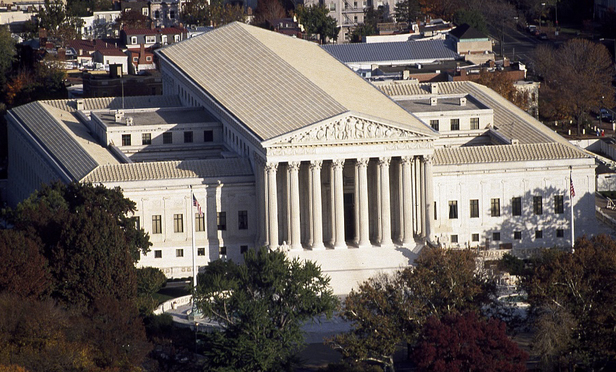We live in an increasingly interconnected world, and the boundaries of traditional nation-states are often blurred by growing globalization in business. For that reason, the U.S. Supreme Court is set to return this term to a hot-button issue—the extraterritorial application of U.S. law—in the context of the Racketeer Influenced and Corrupt Organizations (RICO) Act. Once a tool reserved for disrupting organized-crime families, RICO has evolved into a powerful civil and criminal instrument of business regulation. The court is scheduled to address this spring in European Community v. RJR Nabisco, No. 15-138, whether RICO may be applied to conduct occurring outside the United States.
The presumption against extraterritorial application is a standard canon of statutory interpretation. The Supreme Court reinvigorated that interpretive principle in Morrison v. National Australia Bank, 561 U.S. 247 (2010). Morrison held that no federal statute has extraterritorial application absent clear indications of congressional intent to the contrary. In particular, Morrison directed courts to examine the “focus” of a statute in determining its extraterritorial application.
This content has been archived. It is available through our partners, LexisNexis® and Bloomberg Law.
To view this content, please continue to their sites.
Not a Lexis Subscriber?
Subscribe Now
Not a Bloomberg Law Subscriber?
Subscribe Now
LexisNexis® and Bloomberg Law are third party online distributors of the broad collection of current and archived versions of ALM's legal news publications. LexisNexis® and Bloomberg Law customers are able to access and use ALM's content, including content from the National Law Journal, The American Lawyer, Legaltech News, The New York Law Journal, and Corporate Counsel, as well as other sources of legal information.
For questions call 1-877-256-2472 or contact us at [email protected]



